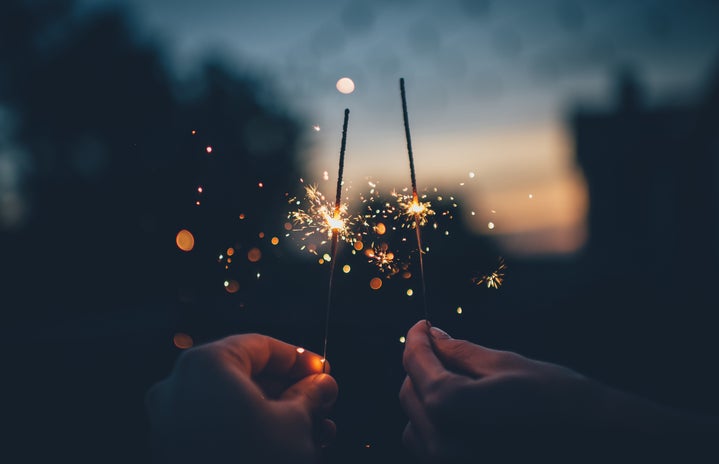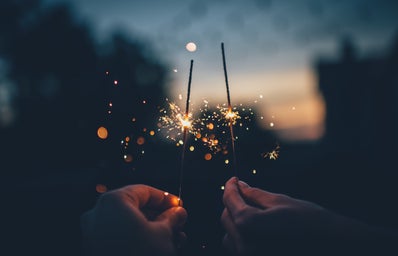October is Breast Cancer Awareness Month. What is the purpose of dedicating an entire month to a disease? Here’s why: one in eight women will be diagnosed with breast cancer in their lifetime. In fact, chances are you personally know at least person who has been diagnosed. Although it occurs more frequently in older women, there still lies a very real possibility of being diagnosed as a young adult. In the name of spreading breast cancer awareness, here are five things you need to know.
1. Early detection saves lives: you should do breast self-exams (BSE) regularly—yes, even as a college student!
Women should regularly self-examine their breasts, particularly once they reach their 20s. It’s important to be aware of your own body and the way that it looks and feels. A BSE can be quickly and easily performed by lying on your back with your right arm behind your neck, gently feeling your bare breasts for abnormalities or lumps with three fingers circulating in small, dime-size motions. For a more thorough step-by-step explanation, here is a comprehensive guide to performing a breast self-exam.
2. Eliminate harmful chemicals in your everyday personal care products.
Shampoo and conditioner, body wash and lipstick, sunscreen, foundation, concealer… the list of products that we use on our bodies everyday goes on and on. However, it’s very important to pay close attention to the ingredients that you’re applying directly on your body, because most of the time it all ends up in your body, one way or another. Many of their negative effects are deeper than skin-level. Several typical drug store products contain common cosmetic ingredients such as parabens, sulfates, pthalates, and triclosans that have been proven by several studies to disrupt normal breast development. Since the Food and Drug Administration are a little lax about restricted chemicals used commercially in the United States, an easy way to avoid these ingredients is by shopping at stores with strict policies for their products, like Trader Joe’s or Whole Foods.
3. A healthy diet plays a role in breast health.
Breast cancer risk is reduced significantly by consuming a diet rich in vegetables and fruits high in fiber, and a very low intake of animal products—namely processed meats. Several studies indicate that diets based mostly around vegetarian and vegan meals are associated with lower instances of breast cancer. Some foods suggested to aid in breast cancer prevention include those rich in omega-3, like ground flaxseed, salmon, and walnuts, along with dark, leafy green vegetables like broccoli, spinach, and kale.
4. Weed out the myths.
These are a few common myths about breast cancer you should forget about right now:
-
Every lump turns out to be cancerous
-
Sleeping in wire bras causes breast cancer
-
If I have a family history of it, then I am bound to get it
-
If I carry the gene mutations BRCA1 or BRCA2, then I will definitely develop it
-
Women with smaller breasts are at lower risk
-
A diagnosis is a death-sentence
5. Awareness is key.
The earlier you learn about your family history, your personal risk, and the methods of prevention, the lower your risk might be for running into a diagnosis. Support is another strong component in the fight against breast cancer, so harness that as both a means of spreading awareness and protecting your body.
Do your research, and talk to your doctor about breast cancer.


